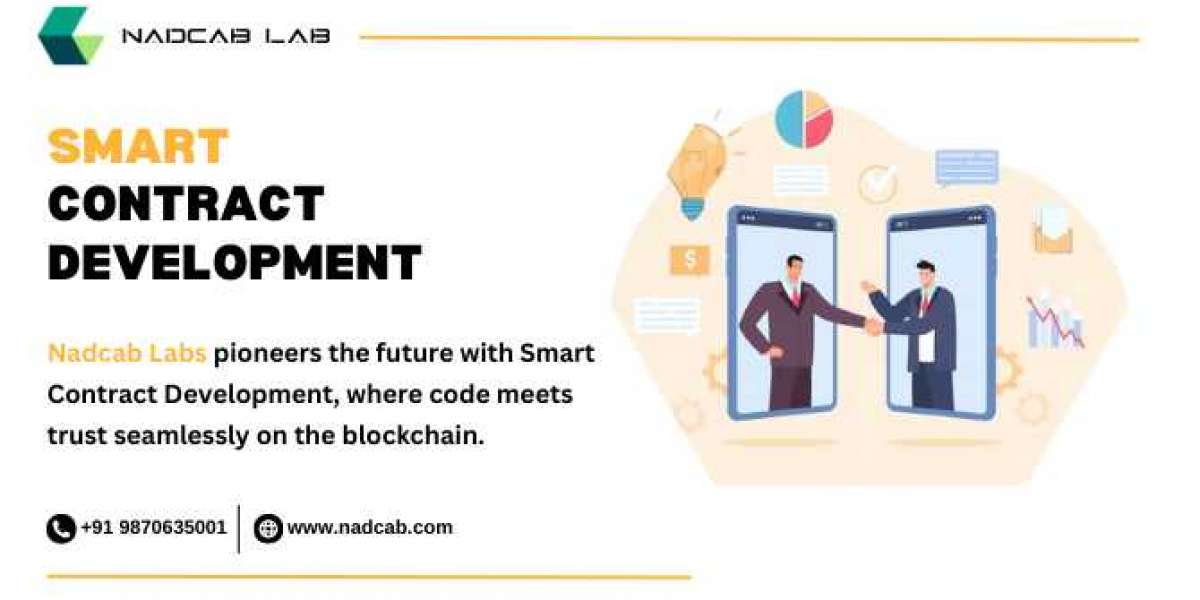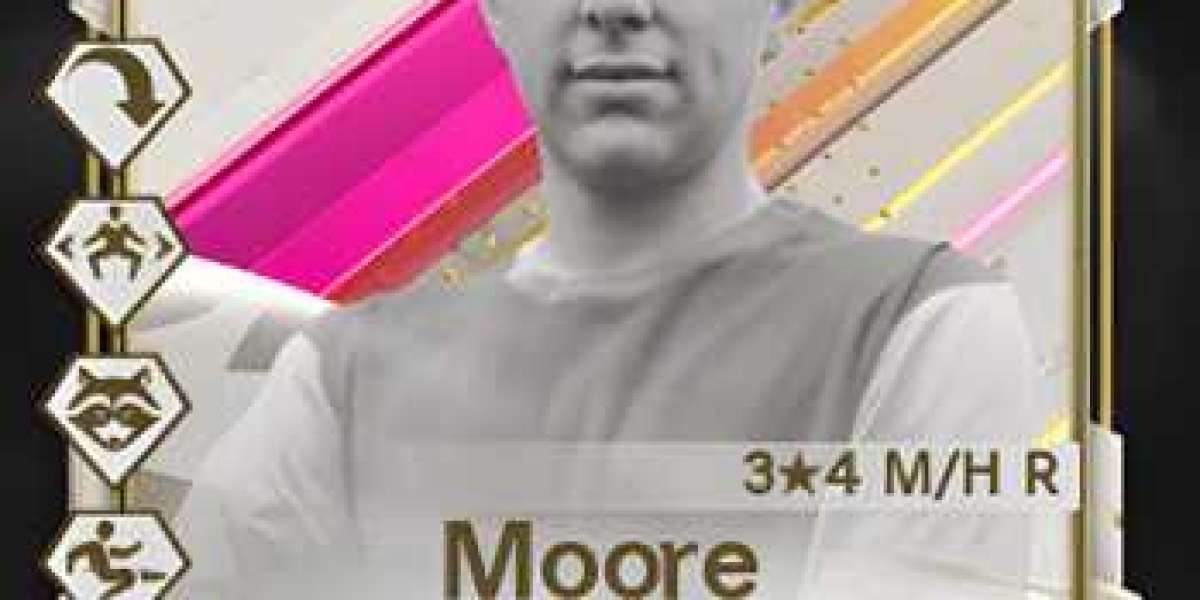What is Smart Contract Development?
Smart Contract Development are basically codes that can be programmed for anything. However, what makes it different from other computer programs is that smart contracts are stored on the blockchain. This makes all interactions with it irreversible. Smart contracts can define rules and automatically apply them via code. This means a third-party role to ensure the execution of transactions or activities is no longer necessary.
Given that every blockchain network is public, every transaction and agreement in a smart contract becomes transparent. This makes tracking transactions easier. Also, it has great security because it does not depend on a central authority. Through smart contract technologies, developers can create applications that take advantage of the security, reliability, and accessibility of the blockchain while offering peer-to-peer functionality.
The Development of Smart Contract Development
Ethereum, a pioneer in implementingSmart Contract Development, became the preferred platform for many developers, leading to the birth of decentralized apps (DApps). Another use of smart contract technologies is for creating ERC-20 tokens, a standard token often used in the Ethereum blockchain.
However, Ethereum itself has limitations, such as expensive gas fees and problems related to transaction scalability. Inevitably, the third generation of blockchains was born to solve the issues that Ethereum has.
This third generation of blockchain has many advantages. Such as a different consensus mechanism, lower transaction fees and higher processing speed. Solana, Avalanche, Polkadot, Cardano, and Polygon are part of the third generation of blockchain.
The Emergence of Smart Contract Development on the Third Generation of Blockchain
Due to Ethereum’s limitations, the emergence of the aforementioned third generation of blockchain has attracted developers. They now have various blockchain choices for writing smart contracts and developing DApps. Here are some of the advantages offered by this new generation of blockchains:
- Solana
The Solana blockchain is relatively similar to Ethereum. Because it has smart contract technologies to support the creation of DApps, NFTs, and staking. But, one of the differences is that Solana comes with a verification algorithm that combines a proof-of-history (PoH) system with a proof-of-stake (PoS). It gives Solana a maximum transaction speed of up to 50,000 per second. Aside from that, Solana offers substantially lower transaction fees than Ethereum.
- Avalanche
Another third generation of blockchain dubbed as Ethereum killer is Avalanche. One of the reasons is that Avalance can process up to 4,500 transactions per second. Much higher than Ethereum, which currently only processes 15 transactions per second.
Apart from that, Avalanche is also compatible with Ethereum Virtual Machine (EVM). This allows the use of Ethereum-based smart contracts without requiring code changes. One of the smart contract technologies implementations on the Avalanche blockchain is decentralised exchanges (DEX), such as Sushiswap and Pangolin.
HOW DOES A SMART CONTRACT WORK DEVELOPMENT ?
The operation of a Smart Contract Development is similar to other blockchain transfers. These are the necessary steps:
- A user initiates a transaction from their blockchain wallet.
- The transaction arrives at the distributed database, where the identity is confirmed.
- The transaction, which may be a transfer of funds, is approved.
- The transaction includes the code that defines what type of transaction is to be executed.
- The transactions are added as a block within the blockchain.
- Any change in contract status follows the same process to be updated.
The Benefit of Smart Contract Development
- Security :
By being on a decentralised blockchain, smart contracts do not have a single point of attack. In addition, no third parties can manipulate the contract mechanism.
- Trustless :
With smart contracts, users don’t have to worry that the other party doesn’t carry out the agreement. Smart contracts ensure the deal will be executed when all conditions are met.
- Efficiency :
The use of smart contracts makes the entire execution process run automatically. It does not need the intervention of a third party.
- Accuracy :
The execution of the smart contract will follow the code and formula that have been written. This eliminates the possibility of multiple interpretations that can occur in traditional contracts.
- Public Records :
Smart contracts are created on a public blockchain network. So that every transaction can be tracked while protecting user privacy.
- Transparency :
With everyone being able to see the contents of the smart contract, everyone can examine and criticise the contents if a detrimental agreement is found.
The Implementation of Smart Contract Development
- Rights Management (Tokens)
Blockchains with Smart Contract Development technologies, such as Ethereum, allow developers to create new crypto tokens on their network. These tokens are usually designed with specific uses within a dApps platform. Tokens with a special and particular role are also known as utility tokens. For example, the CAKE token has a role in the PancakeSwap application scheme.
- Financial Product
The use of Smart Contract Developers is most widely applied in making DApps. There are various types of DApps, but the most common is decentralized finance (DeFi). The use of smart contracts in DeFi apps aims to change traditional finance, such as savings, loans, and insurance, to be completely decentralized.
- NFT
Smart contract technologies are also essential in the Non-Fungible Token (NFT) ecosystem. In the context of NFTs, the role of smart contracts is to store unique information of an NFT. So, when the minting process is complete, the smart contract will automatically determine the creator as the owner. A smart contract can also transfer proof of ownership to a new owner when the NFT is sold.
The Future of Smart Contract Development
As the world of blockchain technology continues to evolve, the use of Smart Contract Developers is gaining momentum in various industries. Coincheck, a Japanese cryptocurrency exchange, has also jumped on the bandwagon by incorporating smart contracts into its platform. This has elicited various reactions from different stakeholders in the blockchain community. While some are excited about the potential of smart contracts, others are skeptical about their effectiveness and security. However, one thing is for sure, smart contracts will play a significant role in the future of cryptocurrency trading.
The future of Smart Contract Development is promising, and Coincheck is taking a step in the right direction by incorporating them into their platform. Smart contracts have the potential to revolutionize the cryptocurrency industry by increasing efficiency, enhancing security, and opening up new trading possibilities.







